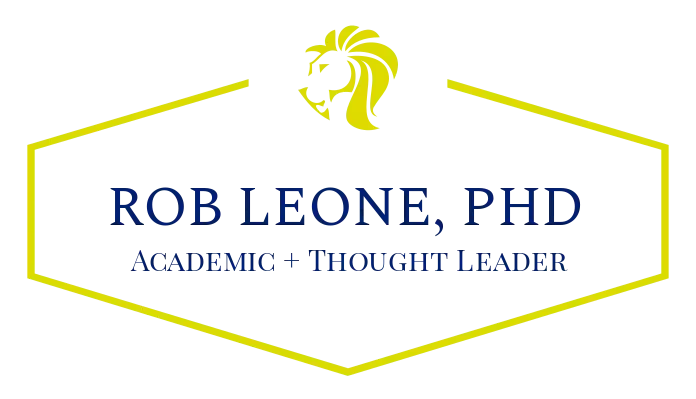The question of buying influence in politics is not a new study. It has long been seen as problematic that government decisions are based on a narrow set of interests based on who can buy access to political leaders by purchasing high priced fundraising tickets.
The evidence has been mounting for some time. Whether its former staffers working for the beer lobby, or pay-to-play stories in the press, the news coming out of Ontario is not encouraging. The fact that corporations, unions, and professional associations can contribute tens of thousands of dollars to, as Premier Kathleen Wynne used to say, ‘support the democratic process,’ is certainly one thing. However, if the allocation of public money follows those that pony up large sums of money, even more serious problems emerge.
That is essentially the story we have seen in Quebec. In that province, allegations swirled that there was a revolving door between political donations, access at fundraising events, and public contracts being awarded to friendly firms. In Quebec, construction contracts were alleged to have been handed to those very companies who so graciously contributed to the democratic process. So bad was the fallout that the former government of Jean Charest was forced to appoint a commission of inquiry to investigate these concerns.
In Ontario, we have seen much controversy over the ability to not only contribute to political parties, but also to third-parties, and none is more famous than the Working Families Coalition, a third-party interest group funded by big labour. The problem in Ontario is that we have been so focused on the high price for some political fundraisers for ministers, that we haven’t quite explored whether a similar revolving door exists in this province as it does in Quebec.
Last fall, I wrote a blog on this site showing how yearly outflows from the province’s treasury to teacher federations had been occurring without policy announcements or any accountability on how the money was spent. The teacher federations have long been supporters of the government through donations to the Ontario Liberals and through the Working Families Coalition. The favourable policy decisions that have emerged as a result have been widely known.
The Auditor-General looked into the payments from the public treasury to the teacher federations and provided support for the notion that lax accounting and accountability has been seen in the $80 million she has uncovered through public accounts. If this were Quebec, pressure would have mounted to an unbelievable level that the government would be forced to appoint a commission of inquiry. But this is Ontario, and there is very little outcry.
Last week, the Globe and Mail reported on the money trail they have been following and uncovered some real nuggets. For example, the consortium that received nearly $60 million in fees associated with the partial selloff of Hydro One donated big to the Ontario Liberals. Not a bad quid pro quo relationship.
And so we reach to today, where Queen’s Park is in recess until September, but a legislative committee is quietly studying revisions to election finance laws. Except, taking a look at Bill 201, one may be hard pressed to figure out exactly how closed to outside influence political financing will actually be. Individuals who can afford it, instead of unions and corporations, can still donate thousands. Collusion between parties and third-parties (which is troubling especially for the governing party that controls the public purse) aren’t tight enough. These are the sorts of things that will consume time in committee.
While the bill itself is an improvement over the antiquated rules, the biggest failure of the legislation is that the attention has shifted away from the problems of the past to the immediate concerns of this legislation. This bill, tabled in haste when public opinion was souring over the latest election finance fiasco, misses an opportunity for a broader discussion about the kind of politics we actually want.
Our current politics focuses on chasing money to fund elections only for that money to be used in ways that the public may not appreciate. Political parties often use their money to demonize individuals rather than have a fulsome debate about the ideas of the future. This could be the opportunity to change our politics.
We could be exploring ideas like banning political advertising and having Elections Ontario provide equal airtime for political parties to produce infomercials about their platforms during campaigns that would be a bit longer than the 30 seconds of negativity we have been seeing. The United Kingdom does politics in this way. This would be fair and would be a more appropriate use of public funds rather than giving political parties money based on the number of votes they receive, for example.
Bold ideas can eliminate the need for political parties to be obsessed (and annoying) with fundraising. If we create an environment where ideas are the determinant of success not on the size of the campaign budget of parties (and third-parties!), then we can avoid the perception that big money influences our politics and the allegations of corruption that emerge as a consequence.
This article appeared in Queen’s Park Briefing. Visit QPBriefing.com to subscribe to this publication and stay on top of all things related to Ontario government and politics!
